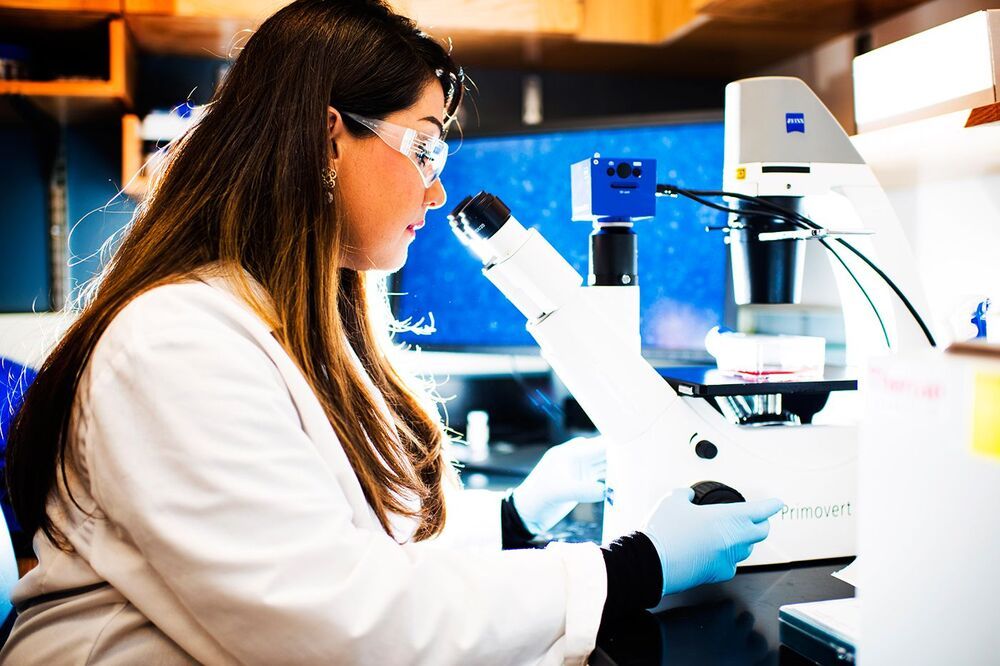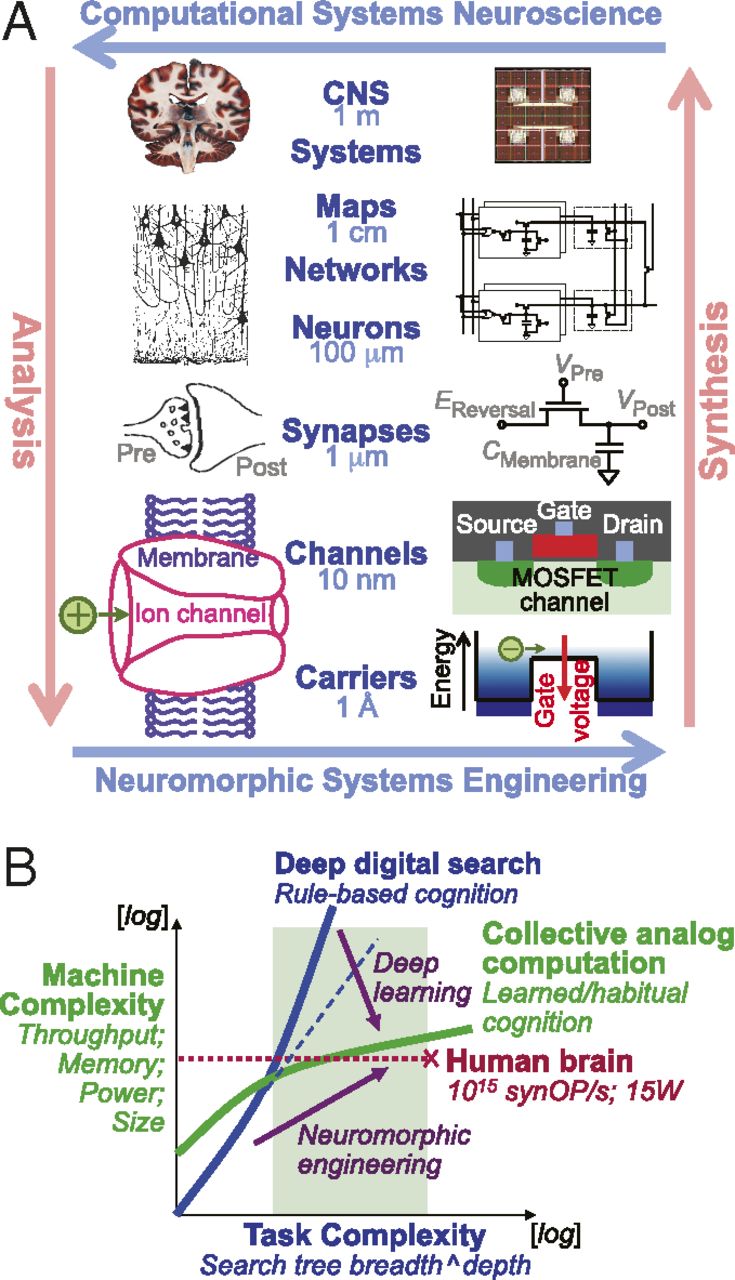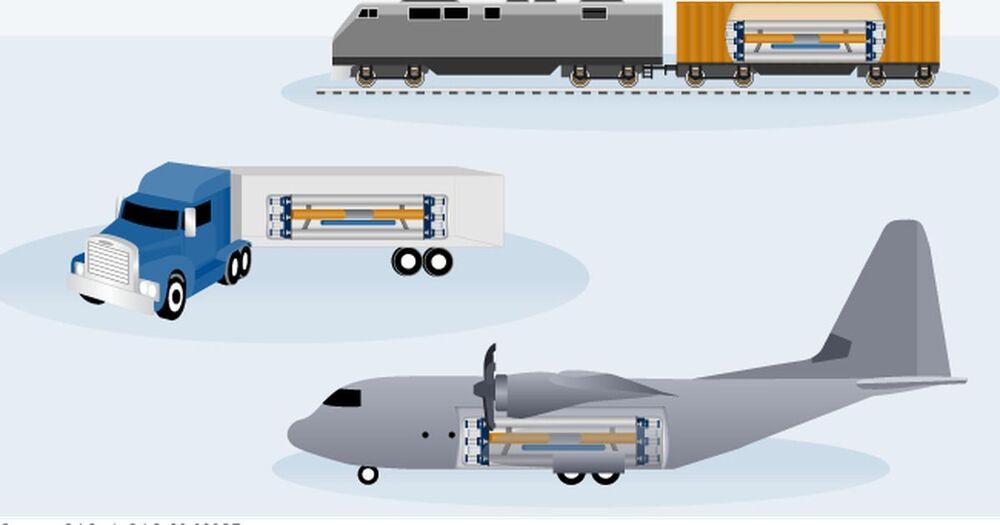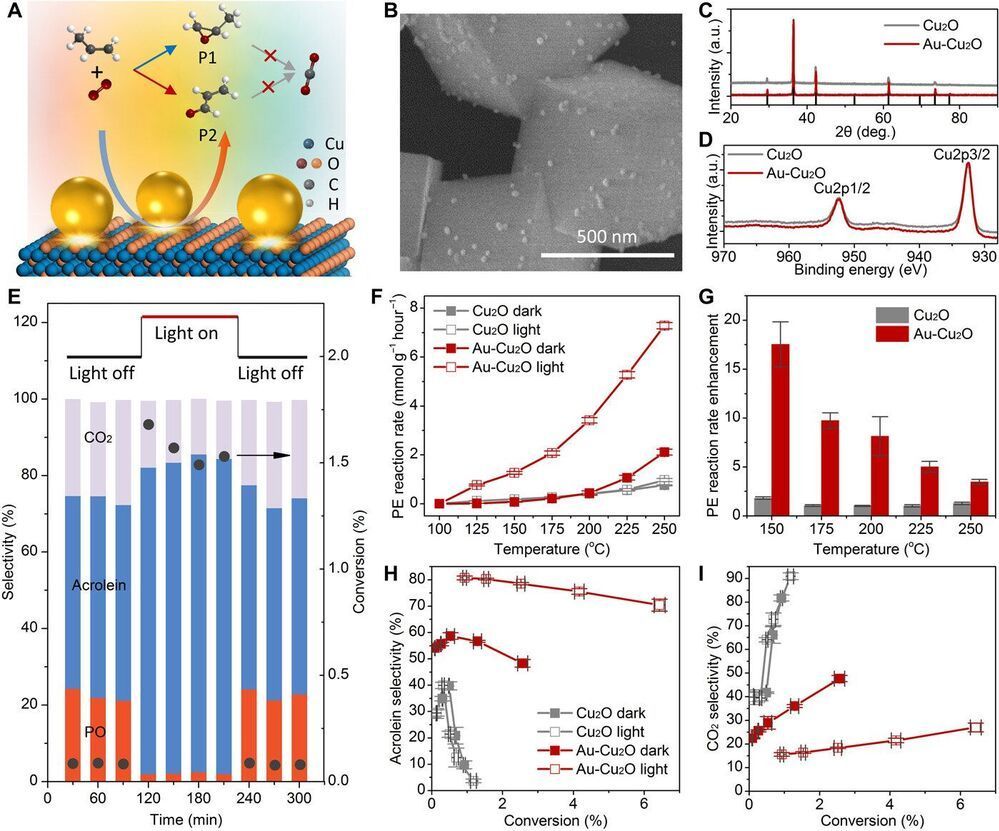Circa 2017
When surgeons complete a successful lung operation, everyone should breathe a sigh of relief. But real relief may not come until weeks or even months later, when doctors remove the patient’s lingering sutures or staples. And that’s assuming there were no leakages, which can send a patient right back to the hospital.
Nasim Annabi, assistant professor of chemical engineering, has a better solution: a new type of surgical glue that could replace the need for staples and sutures altogether. Annabi is leading the research, which she and her colleagues from the University of Sydney and Harvard Medical School described in a paper published Wednesday in Science Translational Medicine.
The gel-like glue, called MeTro, is made from a human protein that has been modified to react to ultraviolet light. Researchers apply the glue to a wound, place it under UV light for a few seconds, and voilà—the wound is sealed.







